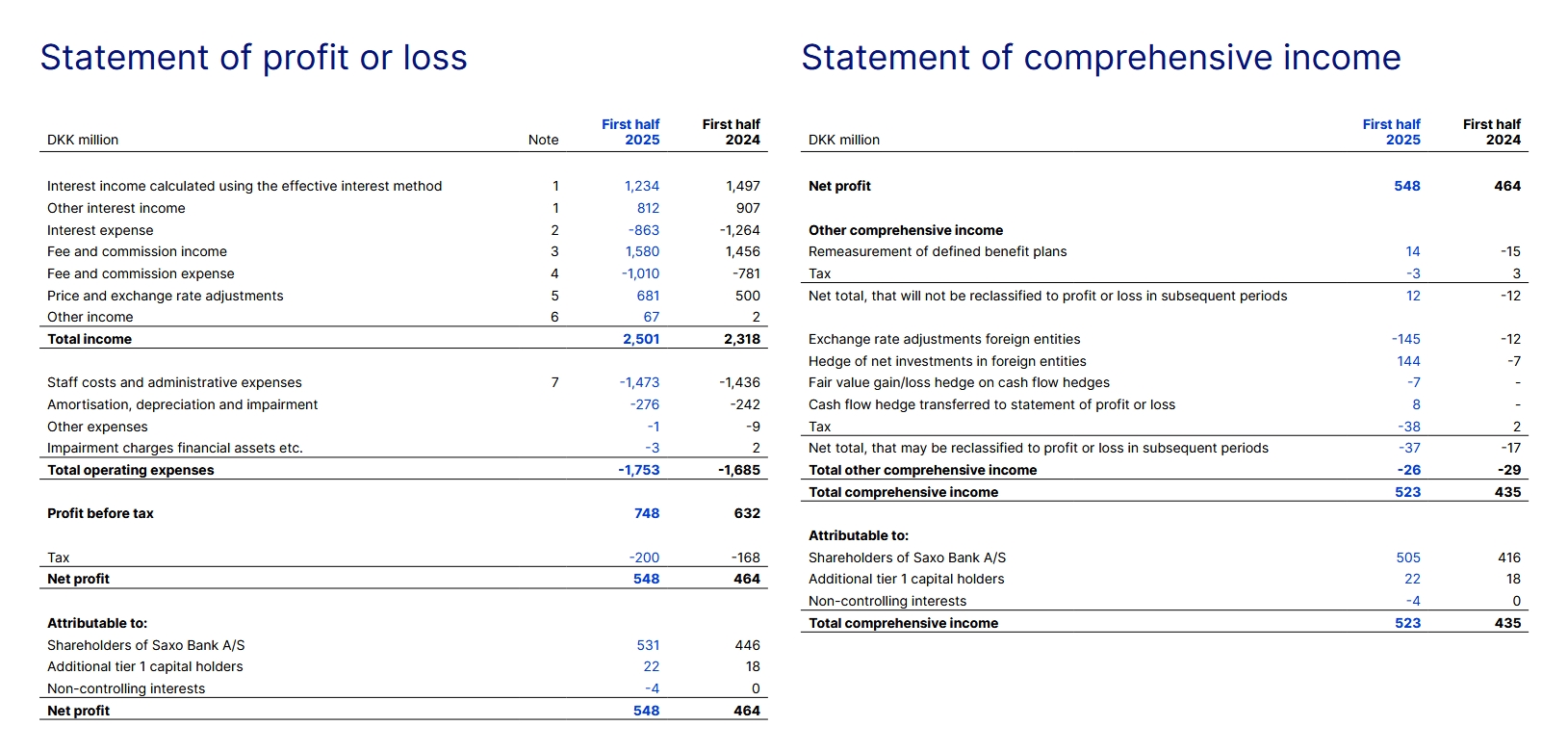Weekly Snapshot: FTMO Revives MT5 Access for Prop Trading in the US, Capital.com Pursues Japan License
Prop trading returns to MT5 in the US
Two leading proprietary trading firms, FTMO and The5ers, relaunched services for US-based traders after suspending them earlier this year. FTMO reintroduced access through MetaTrader 5, making it the only prop firm currently offering MT5 in the United States.
In contrast, The5ers has opted for cTrader, aligning with the broader industry trend of adopting the platform.
Before halting operations, The5ers reported that up to 20% of its traffic came from American traders and now expects the country to rank among its top two markets.
Is prop trading making a real comeback in the United States, or will futures firms keep their dominance?

The return of FTMO and The5ers comes after regulatory uncertainty, triggered by the collapse of My Forex Funds and a subsequent MetaQuotes ban, pushed many forex props to suspend operations in the country.
In the meantime, futures-based firms like TopStep, Apex, and MyFundedFutures captured the market. Interestingly, the prop trading industry has taken steps toward self-regulation by creating The Prop Association (TPA), which offers certification and external dispute resolution.
However, membership remains limited, indicating that most firms have yet to commit to the initiative.
Is Colombia the next destination for forex brokers?
In nearly a week, Colombia's regulator has extended permission to top forex brokers, the latest being Libertex Group. The group’s offshore brand LBX received approval to open a representative office in Bogotá, following a similar move by CFI.
Earlier, Plus500 and Australian broker ACY received authorization from Colombia’s Financial Superintendence, reflecting rising interest from international brokers in the country’s financial market.
Plus500's revenue driven by long-term clients
Talking about Plus500, the company’s H1 2025 results show that 84% of its revenue came from clients who had traded with the broker for more than 12 months.
Additionally, 47% of revenue was generated by traders with over five years of experience, underlining the firm’s reliance on long-term clients for sustained income.
However, not all traders are convinced this focus fully reflects market needs. One client noted that while broker offerings have improved, it would be encouraging to see this progress accompanied by greater activity in FX and CFD trading and more traders achieving profitability.
Capital.com seeks Japan license
Elsewhere, Capital.com is preparing to enter the Japanese retail brokerage market and has begun the process of seeking a local license.
As part of the preparations, Capital.com has opened a search for a Head of Compliance in Japan. The role will focus on managing the firm’s license application process, including coordination with both group executives and local regulators.
Additionally, Capital.com is considering expanding into physical cryptocurrency services. The company has now begun recruiting for a “Head of Technology/Tech Lead – Digital Assets.
Saxo Bank profits rise 18%
Meanwhile, Saxo Bank Group reported a net profit of EUR 73 million for the first half of 2025, an 18% increase from EUR 62 million in the same period last year.

The bank also expanded its client base to 1.39 million, representing a 13% increase from 1.23 million a year earlier. Saxo said the rise in client numbers was a key factor in pushing total assets to their highest level to date.
Doo Group confirms Malaysia “inspections”
Doo Group confirmed that its office in Malaysia was inspected this week as part of a nationwide crackdown on illegal call centers. The company said authorities visited several business premises, including its own, under the broader campaign.
Following the visit, Doo Group issued a statement stressing that its operations remain fully compliant. The inspection came amid a large-scale police raid in Bangsar South. Local media reported that more than 100 individuals were detained during the operation.
AI promises precision in trading but delivers bias
Lastly, AI adoption in UK trading is accelerating, with 22% of firms using the technology in 2024 compared to just 9% a year earlier.
While the tools promise greater precision and efficiency, regulators caution that they may also introduce bias, collusion, and new forms of market instability.
🏛️ Senate hearing reveals AI's massive impact on finance: fraud detection rates boosted 300%, preventing $50B in fraud over 3 years!
— Dr Efi Pylarinou (@efipm) August 4, 2025
But senators warn about bias, hallucinations & transparency issues. "We need balance between innovation and safety" says IBM's David Cox.… pic.twitter.com/WQGbjYxJrv
Such limitations raise concerns that the rapid spread of AI-driven trading could expose brokers and investors to amplified risks while drawing heightened scrutiny from regulators.



